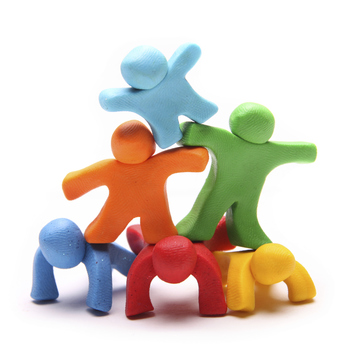
There's something infectious about team spirit -- and it's a quality that can influence doctor, patient, and patient's family alike when there's a medical emergency.
Approaching a loved one's hospitalization or other medical emergency with a team mind-set can help you feel more empowered, less alone. The approach can bolster the spirits of the patient who senses this camaraderie, too. And it doesn't go unnoticed by the medical staff, who, in turn, view themselves less as lone-ranger saviors and more as part of a group effort.
Some ways to adopt a team approach to care:
Refer to yourselves as a team. Introduce yourselves to staff as "part of Dad's team." Or just use that kind of language informally to nursing staff and one another. You don't have to go as far as some families and make special T-shirts, but consider placing a sign in the hospital room: "Team Marvin."
Join in when doctors confer. It's OK to stand conspicuously in the group of doctors discussing your loved one's case, with your notepad in hand. You may be able to add insights that only a family member or someone who's been continuously at the person's side would notice. And you'll be communicating to medical staff that you're an active part of the process of caring for your loved one.
Be there when doctors make rounds. Find out when the doctors involved in your loved one's care come by each day, and make a point of being there. Making your presence known can translate to better care.
Refer to the team effort in your thank-you notes. Let nurses and doctors know you considered them part of a community of care.


